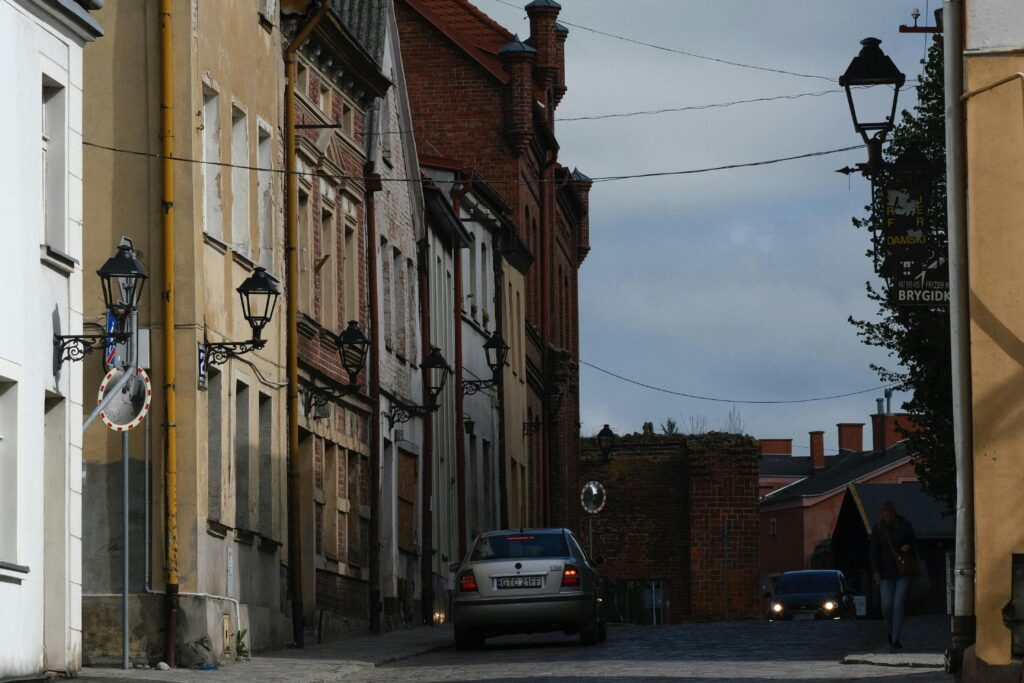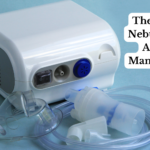Your Surroundings Are Not Just Background
We often talk about asthma triggers like dust, pollen, or food. But what about the world we live in every day? The blaring horns, concrete heat, construction dust, and the sheer stress of crowded urban spaces?
If you live in a city like Delhi, Mumbai, or Bengaluru chances are, your environment is doing more damage to your lungs and blood pressure than you realise. For those managing both asthma and hypertension, this invisible load can make symptoms worse, even when you’re doing “everything right” indoors.
Let’s break down how noise, heat, and urban life affect your health and what you can do about it.
Noise Pollution: The Constant Trigger You Can’t See
- Noise = Stress = Higher BP + Shallow Breathing
Constant exposure to loud traffic, honking, construction, or even loud music in cafés can increase cortisol (your stress hormone), which raises blood pressure and worsens breathing patterns. - For Asthma Patients:
Stress causes shallow breathing, tightness in the chest, and sometimes even panic, which can trigger an asthma episode. - Scientific studies show that chronic noise exposure increases the risk of hypertension and worsens sleep quality, another asthma risk factor.
Urban Heat: More Than Just Discomfort
- Heat = Inflammation = Increased Asthma Risk
Indian summers are brutal, and heatwaves are getting more intense. High temperatures can trigger inflammatory responses in the body, narrowing airways and increasing asthma flare-ups. - For BP:
Dehydration, increased heart rate, and loss of sodium through sweat can make your blood pressure harder to control, especially if you’re already on medication. - Real risk:
Many asthma patients avoid ACs due to mold or cold air sensitivity, but that leaves them exposed to heat, creating a different set of complications.
City Stress: A Daily Dose of Tension
- Commutes, crowds, and constant stimulation can elevate blood pressure and trigger anxiety — which again worsens asthma symptoms.
- For example, in my early college years in Delhi, I avoided using the metro during winter because the heaters inside trains triggered my asthma. But switching to autos exposed me to dust and traffic — a lose-lose situation for someone with asthma and sensitive BP.
- Even the lack of green spaces or noise-buffer zones in Indian cities affects your ability to relax and breathe fully.
How to Reduce Environmental Triggers in Daily Life
Here’s what has helped me and might help you too:
1. Use Noise-Cancelling Headphones or Earplugs
Especially in autos, buses, or while working in noisy cafés. Silence is healing.
2. Track AQI & Heat Index Before Stepping Out
Use apps like AQI India, Safar, or your weather app to avoid high-pollution, high-heat times.
3. Cool Your Home Smartly
Use fans + open cross ventilation + air purifiers if possible. If ACs trigger asthma, clean them regularly and service filters to reduce irritation.
4. Hydration is Non-Negotiable
Carry water everywhere. Heat worsens BP and thickens mucus in lungs.
5. Create a Calming Corner at Home
Use soft lighting, calming music, and minimal stimulation. Make it your safe breathing zone.
Conclusion: Change What You Can, Shield from What You Can’t
You may not be able to escape your city, but you can learn how to live in it without letting it take your breath or peace away.
Understanding how your surroundings affect your health is the first step in taking control. Every small adjustment, from how you cool your room to how you move through traffic helps you breathe easier and live stronger.
Please share your experience with everyone in the Asthma Friend Community.







